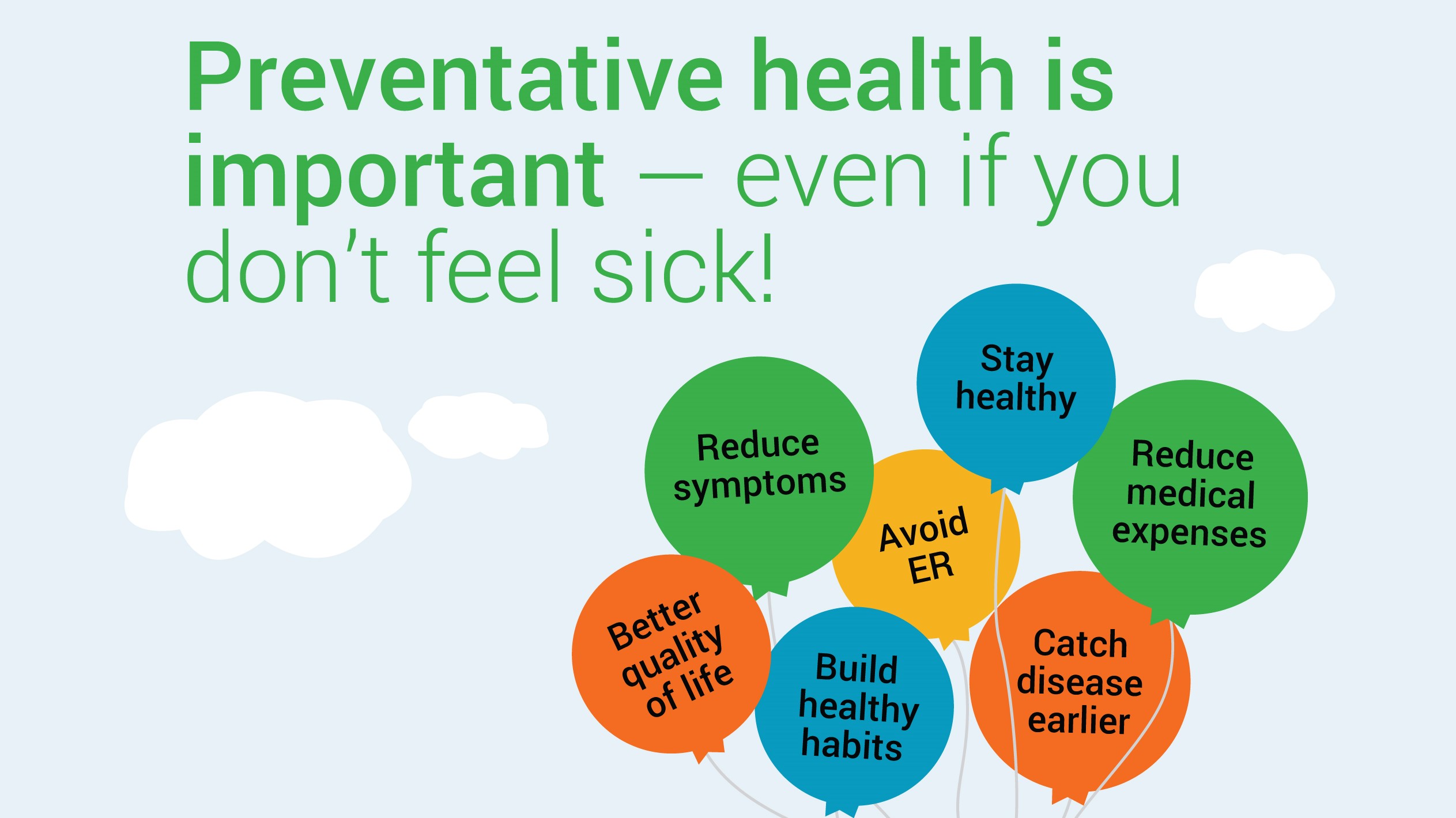
The Importance of Preventive Care and How Insurance Can Help
Preventive care is essential for maintaining good health and catching potential health issues early before they become serious. By focusing on preventive care, you can improve your quality of life, avoid costly medical treatments, and manage chronic conditions effectively. Health insurance plays a crucial role in making preventive care accessible and affordable.
What is Preventive Care?
Preventive care includes medical services and screenings aimed at preventing illnesses, detecting health problems early, and promoting overall health. Key components of preventive care include:
- Regular Check-Ups: Annual visits to your primary care physician for a comprehensive health assessment.
- Screenings and Tests: Early detection of diseases such as cancer, diabetes, and heart disease through routine screenings.
- Vaccinations: Immunizations to protect against diseases like influenza, measles, and pneumonia.
- Health Counseling: Advice on healthy lifestyle choices, such as diet, exercise, and quitting smoking.
Benefits of Preventive Care
- Early Detection and Treatment:
- Identifies health issues before they become severe.
- Increases the chances of successful treatment and management.
- Reduced Healthcare Costs:
- Prevents costly emergency visits and hospitalizations.
- Saves money on long-term treatment by addressing health issues early.
- Improved Quality of Life:
- Helps maintain good health and well-being.
- Manages chronic conditions effectively, improving daily life.
- Longer Lifespan:
- Prevents life-threatening diseases and complications.
- Promotes a healthier, longer life.
- Health Education:
- Informs individuals about healthy habits and lifestyle choices.
- Empowers people to take control of their health.
How Health Insurance Can Help with Preventive Care
Health insurance can make preventive care more accessible and affordable. Here’s how:
- Coverage for Preventive Services:
- Most health insurance plans cover preventive services at no additional cost.
- Services covered typically include annual check-ups, vaccinations, screenings, and counseling.
- Reduced Out-of-Pocket Costs:
- Eliminates or minimizes out-of-pocket expenses for preventive care.
- Encourages individuals to utilize preventive services regularly.
- Access to a Network of Providers:
- Health insurance provides access to a network of healthcare providers.
- Makes it easier to find and visit doctors, specialists, and facilities for preventive care.
- Wellness Programs:
- Many health insurance plans offer wellness programs focused on prevention.
- Programs may include fitness incentives, nutrition counseling, and smoking cessation support.
- Educational Resources:
- Health insurance providers often offer educational materials on preventive care.
- Helps individuals understand the importance of preventive services and how to access them.
Common Preventive Services Covered by Insurance
- Annual Physical Exams: Routine check-ups to assess overall health.
- Immunizations: Vaccinations for children and adults to prevent infectious diseases.
- Cancer Screenings: Mammograms, Pap smears, colonoscopies, and prostate exams for early detection of cancer.
- Chronic Disease Screenings: Blood pressure, cholesterol, and diabetes screenings.
- Pediatric Care: Regular check-ups and immunizations for children.
- Mental Health Screenings: Evaluations for conditions like depression and anxiety.
- Reproductive Health: Contraceptive counseling and screenings for sexually transmitted infections (STIs).
Tips for Maximizing Preventive Care with Your Insurance
- Review Your Plan:
- Understand the preventive services covered by your health insurance plan.
- Know your benefits and any potential costs associated with preventive care.
- Schedule Regular Appointments:
- Book annual check-ups and recommended screenings.
- Stay up-to-date with vaccinations and immunizations.
- Utilize Wellness Programs:
- Take advantage of any wellness programs offered by your insurance provider.
- Participate in health and fitness programs to maintain a healthy lifestyle.
- Keep Records:
- Maintain a record of your preventive care visits and results.
- Use this information to track your health and share it with your healthcare providers.
- Stay In-Network:
- Use healthcare providers within your insurance network to maximize benefits and reduce costs.
- Verify that preventive services are covered when using out-of-network providers.


